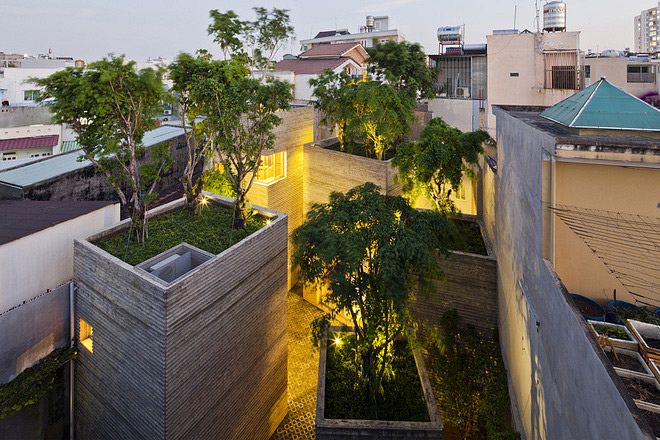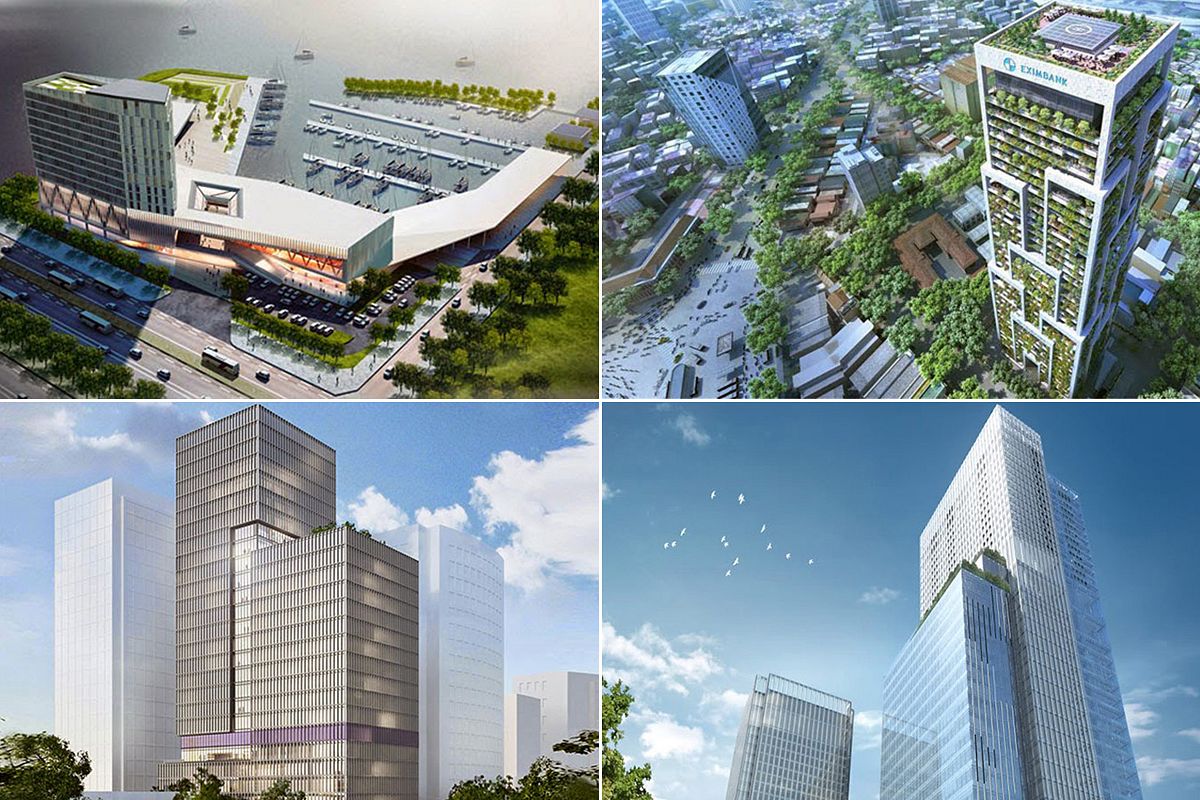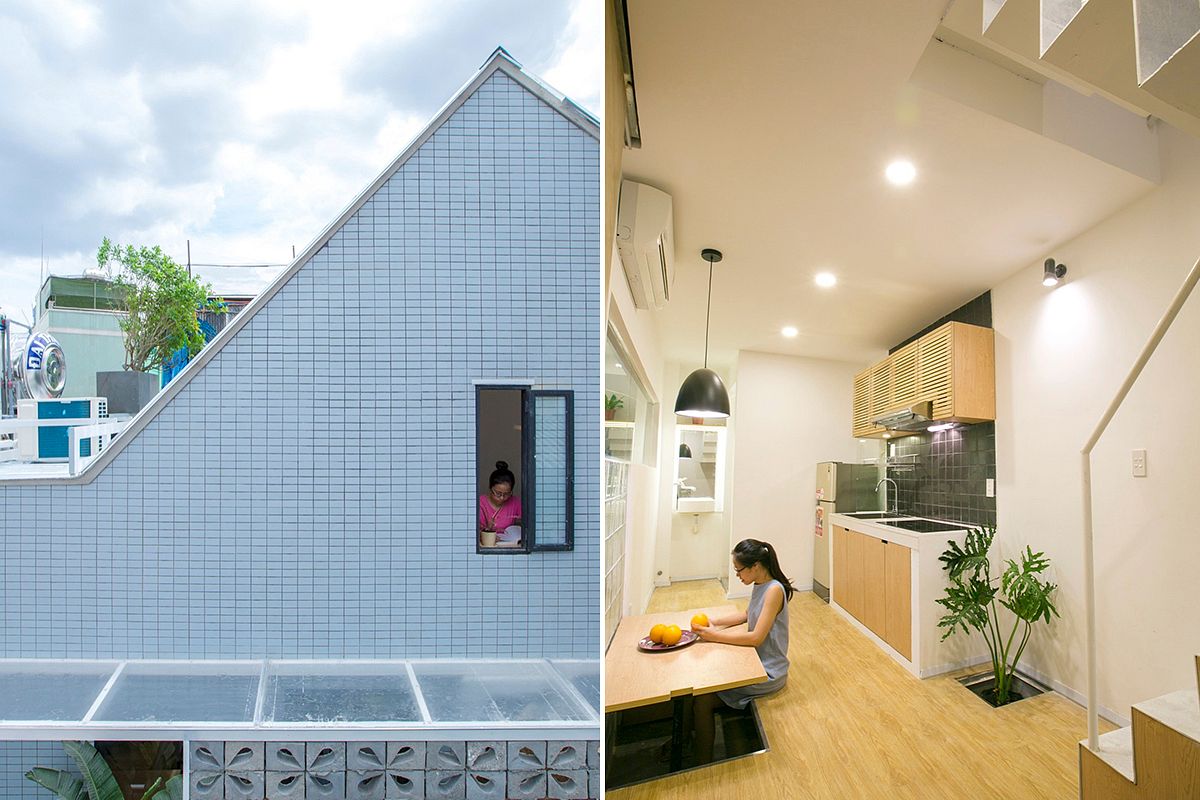To boost investment in the ailing real-estate sector, the Ministry of Construction has proposed that foreigners residing in Vietnam be given the opportunity to purchase property. Thanh Nien reports:
"In a report sent to Prime Minister Nguyen Tan Dung late last month, the ministry proposed that organizations like foreign investment funds, banks, Vietnamese branches and representative offices of overseas companies as well as all foreigners who have a visa to the country that is valid for at least three months, are allowed to buy homes – apartments and independent houses – in Vietnam."
Diplomatic institutions, NGOs and their employees will not be allowed to purchase homes in the country, the ministry said.
Under the plan, houses purchased by foreigners would only be sold 12 months after the ownership certification is granted.
The ministry offered two options: 1) foreigners can buy an unlimited number of properties and 2) foreigners are limited to one or two properties. In addition, the proposal included two options for durraiton of land ownership - 1) 50 years with the possibility of a 50-year extension, or 2) 70 years with no extension.
There was no change to the ownership duration for foreign organizations which currently allows for them to own properties for the duration of their investment registration.
According to Thanh Nien:
"Currently, foreigners are allowed to buy apartments, but not houses, and each individual or organization can own one apartment that cannot be leased or used for other purposes except living. The law was to be implemented on a trial basis for five years.
The law also stipulates that only five categories of foreign individuals and organizations are allowed to own apartments: individuals who invest directly in Vietnam or who are employed to management positions by domestic or foreign-invested companies in the country; foreigners who receive certificates of merit or medals from the president or government for their contributions to the country; those who work in socioeconomic fields, hold at least a bachelor’s degree or higher, and possess special knowledge and skills that Vietnam needs; foreigners who are married to Vietnamese nationals; and foreign-invested companies operating in Vietnam, except for those in real estate industry, that need to buy homes for their employees."
Currently, only 126 expats and foreign organizations have purchased apartments in Vietnam as of the end of June 2013. Most of these were in southern and south-central localities like Ho Chi Minh City, Ba Ria-Vung Tau, Binh Duong and Khanh Hoa Province.
Of those foreigners who have bought houses thus far, 80% are married to locals, while another 15 percent have invested directly or are employed in management positions in the country.
Statistics from the General Department of Land Administration show that more than 80,000 foreigners live and work in the country.
[Thanh Nien // Photo via Reuters]














